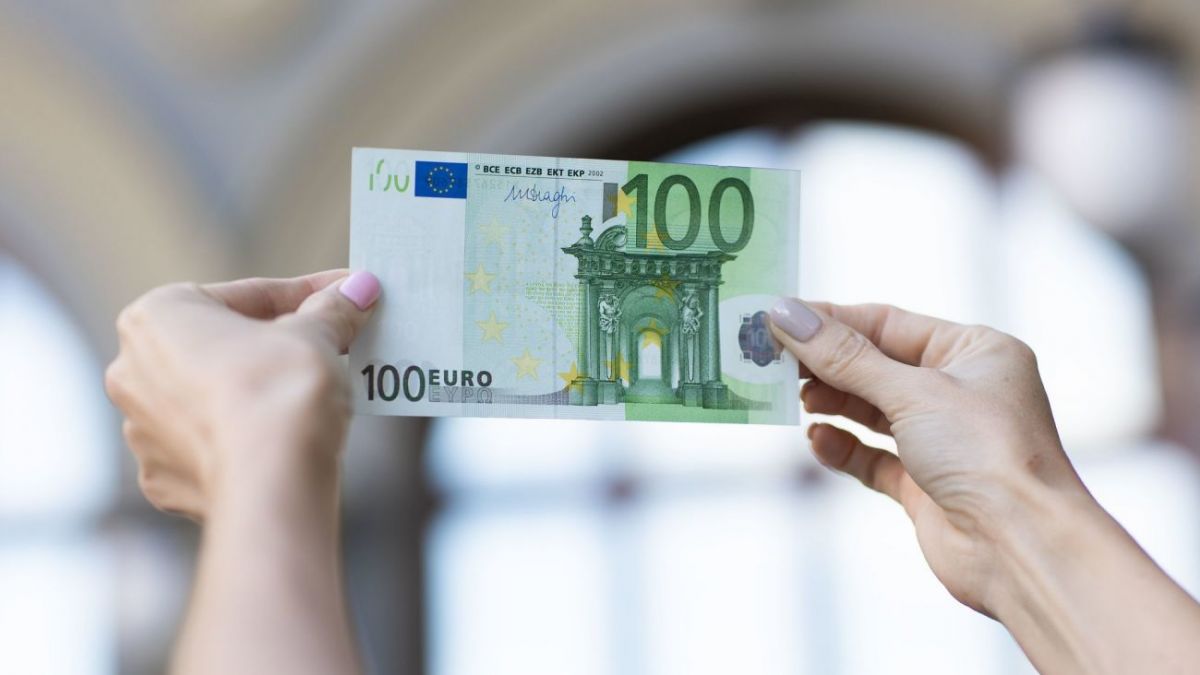A new game changer for the euro?
The euro is off to a flying start this week. Much of the rise appears due to the aftermath of the Trump/Zelenskyy shouting match last Friday as markets speculate that the EU will be forced to increase its defence spending considerably. Is this a game changer for the euro; something that might start to reverse its decline, particularly against the US dollar?

The Trump administration has suspended US military support for Ukraine, as it wants to put pressure on Ukraine to sue for peace with Vladimir Putin. This action affects deliveries of ammunition, vehicles, and other equipment as agreed under the Biden administration.
This decision comes after a recent blow-up in the White House during which Donald Trump, infuriated over what he claimed was the Ukrainian leader’s disrespect and ingratitude, told Volodymyr Zelenskyy he was “gambling with” a third world war. Zelenskyy was told to come back “when he is ready for peace”.
The consequence is that Europe will have to increase its defence expenditure and a number of countries have already announced such moves. More will probably follow. How has this helped the euro? It has been through three routes.
The first is that it has lifted euro zone bond yields relative to those in the US.
The second is that it appears to have boosted euro zone stock outperformance compared to the US, not least through a surge in EU defence related stocks.
Thirdly, when it comes to the euro against the US dollar, this impression of the US being an unreliable boyfriend could undermine the US dollar’s status. We have already seen the previous US administration use the US dollar as a financial weapon against its enemies, provoking speculation that other potential enemies of the US could experience similar treatment.
However, the accusation is that the US is treating its friends and allies with similar disdain when it comes to the war in Ukraine. That might be an unfair and untrue accusation, but, with other harmful actions in place, like tariffs, we can be forgiven for thinking that the US has turned on its friends and the dollar’s status may be under some threat as a consequence. Who knows?
The EU has long been accused of being slow-moving and passive in areas such as national security, the internationalization of the euro and much more. If the current situation leaves the region a bit more fleet-footed and active in areas such as defence, perhaps the euro’s global role will be bolstered. But is this all wishful thinking? Will European countries stump up sufficient defence commitments to really move the dial? In terms of support for Ukraine, the current speculation is that the EU could be putting together a military support package of the order of EUR20bn. How does that stack up against the amount spent so far?
In total, global support for Ukraine in terms of military, financial and humanitarian aid has been close to EUR270bn since the war started, or around EUR80bn per year. About a half of this has been military support; the rest financial and humanitarian. The US has delivered the most military support at EUR64bn against EUR62bn from the EU, but the EU has delivered more financial and humanitarian aid. In sum, EU support in all forms stands at EUR132bn with the US contributing EUR114bn. Should the US cease all support it would leave not just a big black financial hole, but also a deficiency of military equipment. Is this likely?
Steven Barrow, Head of Standard Bank G10 Strategy doesn’t think so. Will the EUR20bn package supposedly being discussed by the EU fill the gap should the US really walk away? Again, it seems unlikely. So, does this mean that we have to rein in any optimism for the euro based on this argument for increased EU security provision for Ukraine? Not necessarily.
“Our sense is that the US dollar may be a currency that’s on the run. We dare say that there will be times that it makes a comeback, possibly a very strong one. But the general trend over time is likely to be one of weakness with actions, such as the very lukewarm support for Ukraine just one such component”, said Steven Barrow.








